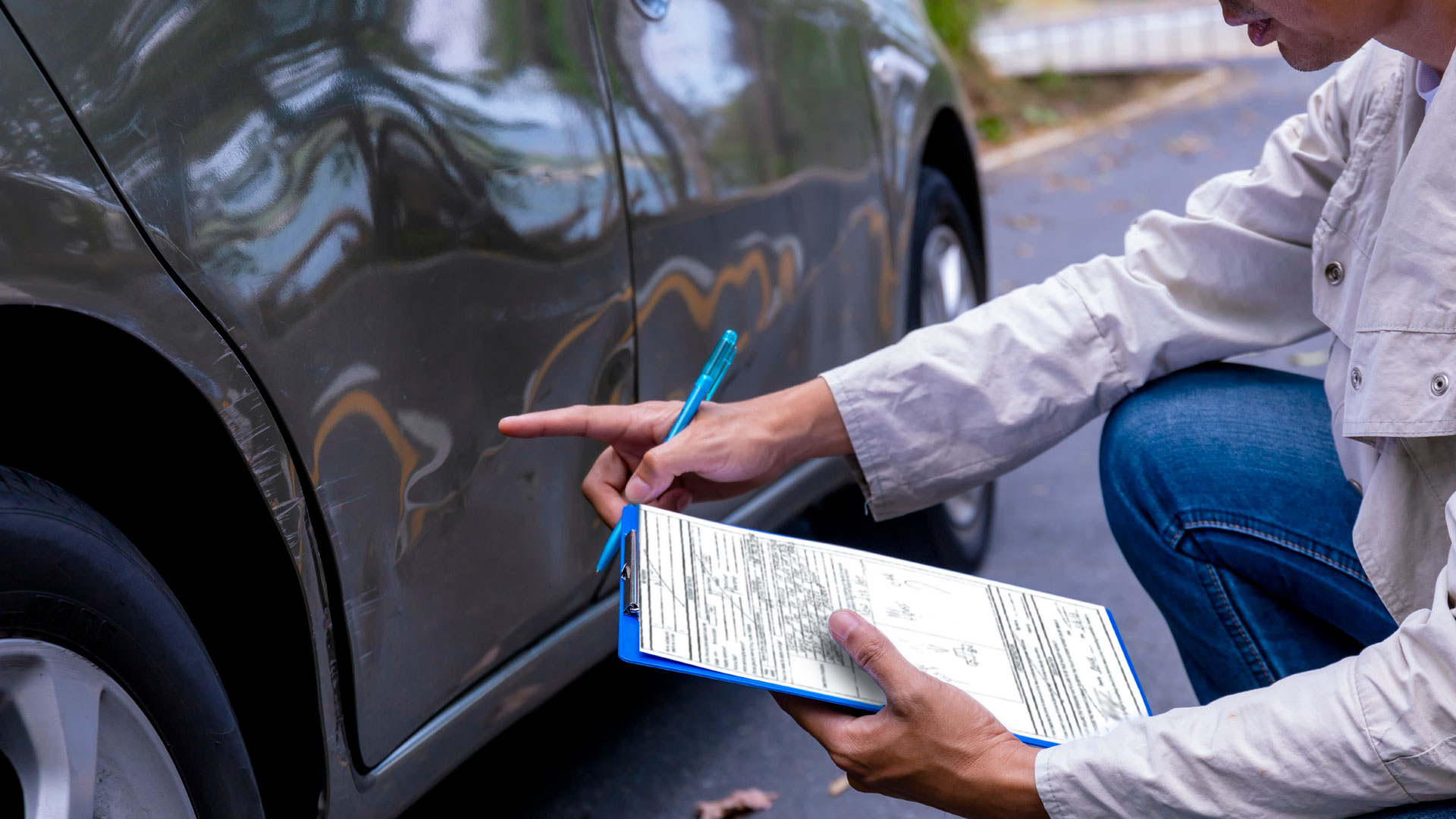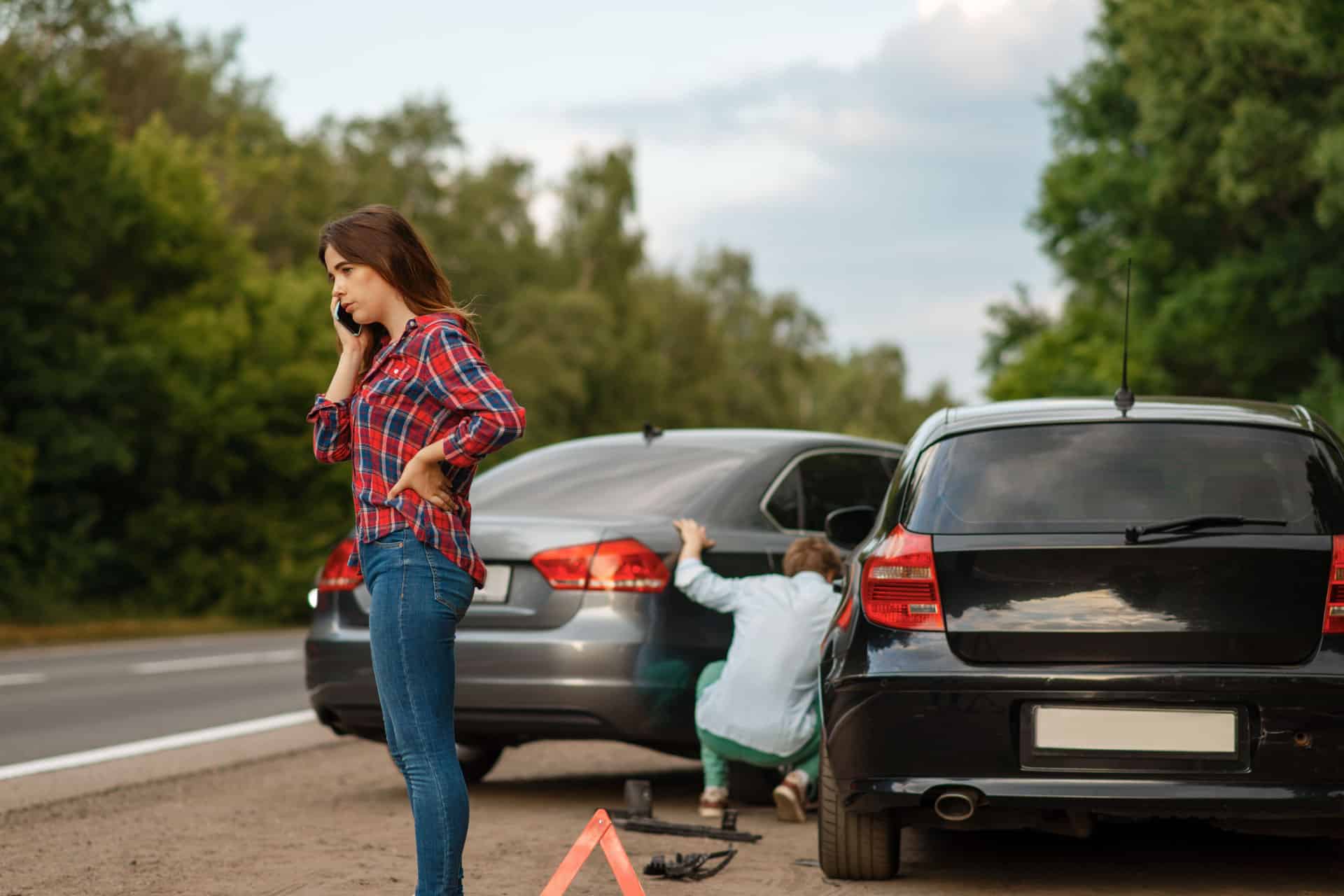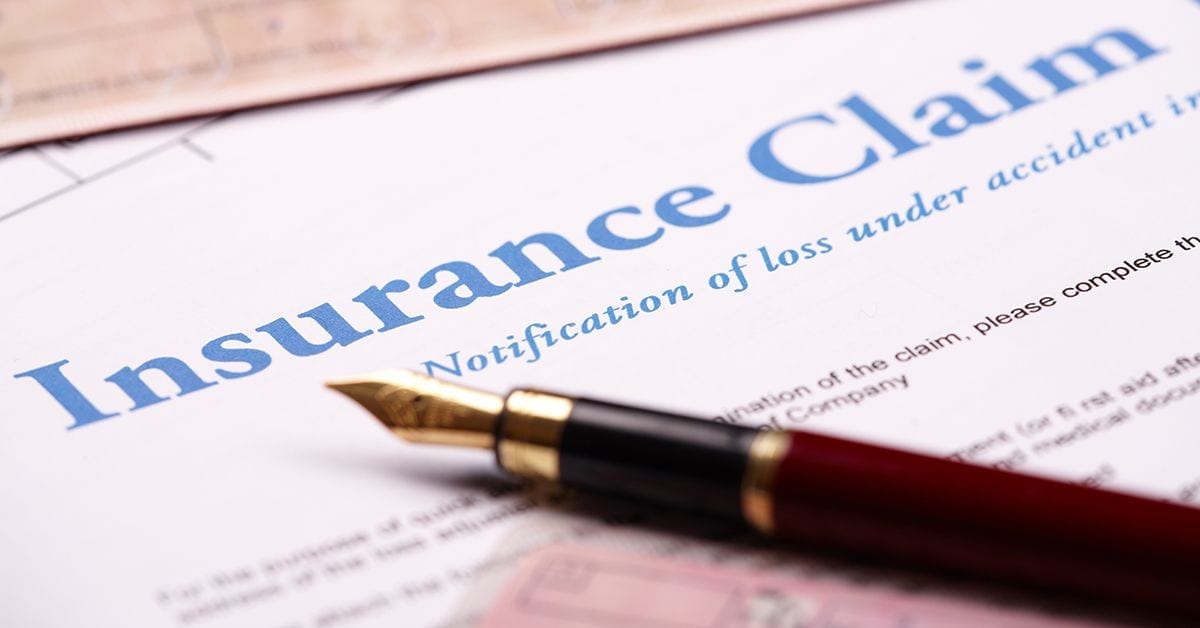Premises Liability and the Law of Attractive Nuisances
In Georgia, property owners are expected to keep the premises safe for their guests and visitors, but they are not held liable for injuries sustained by a trespasser. There is one exception to this law—children. Because they are still developing, courts do not hold children responsible for trespassing, and property owners may be held liable for their injuries. Known as the attractive nuisance doctrine, these laws are intended to protect children who are injured while trespassing, as they are not expected to behave in a reasonably safe way.
The attractive nuisance doctrine is vague, which requires significant interpretation by the courts. If your child has been injured, you should contact a skilled and experienced premises liability attorney to help you protect your claim. Because much of the interpretation is left to judges, you will need a strong case, supported by plenty of evidence.
The attractive nuisance doctrine holds that children, especially young children, do not have the ability to identify potential dangers the way adults would. What may appear as a hazard to an adult may be seen as an attractive curiosity to a child. Swimming pools, for example, are a common attractive nuisance. The law also presumes that property owners know, or should know, that a feature, such as a pool, would be both attractive to children and potentially dangerous to them. Knowing this, the law expects that property owners will take steps to reduce the risk of the nuisance. For a swimming pool, this can include fencing the area and installing self-latching gates to prevent entry to the area.
There are many things that can be considered an attractive nuisance and be hazardous to children. For this reason, power stations, construction sites, railroad yards, and other sites must install appropriate fencing to protect wandering children. Installing fencing, alarms, locks, and other precautions can reduce the liability a property owner may face and can help protect children from danger.
If your child has been injured on someone else’s property, it can be a challenge to recover compensation for their injuries. Your community has a duty to protect children by reducing their access to attractive and dangerous features, however. Don’t hesitate to speak to our team at M. Austin Jackson Attorney at Law. Our experienced, understanding Augusta premises liability attorneys are ready to help you fight for your child’s well-being and rights.
In Georgia, property owners are expected to keep the premises safe for their guests and visitors, but they are not held liable for injuries sustained by a trespasser. There is one exception to this law—children. Because they are still developing, courts do not hold children responsible for trespassing, and property owners may be held liable for their injuries. Known as the attractive nuisance doctrine, these laws are intended to protect children who are injured while trespassing, as they are not expected to behave in a reasonably safe way.
The attractive nuisance doctrine is vague, which requires significant interpretation by the courts. If your child has been injured, you should contact a skilled and experienced premises liability attorney to help you protect your claim. Because much of the interpretation is left to judges, you will need a strong case, supported by plenty of evidence.
The attractive nuisance doctrine holds that children, especially young children, do not have the ability to identify potential dangers the way adults would. What may appear as a hazard to an adult may be seen as an attractive curiosity to a child. Swimming pools, for example, are a common attractive nuisance. The law also presumes that property owners know, or should know, that a feature, such as a pool, would be both attractive to children and potentially dangerous to them. Knowing this, the law expects that property owners will take steps to reduce the risk of the nuisance. For a swimming pool, this can include fencing the area and installing self-latching gates to prevent entry to the area.
There are many things that can be considered an attractive nuisance and be hazardous to children. For this reason, power stations, construction sites, railroad yards, and other sites must install appropriate fencing to protect wandering children. Installing fencing, alarms, locks, and other precautions can reduce the liability a property owner may face and can help protect children from danger.
If your child has been injured on someone else’s property, it can be a challenge to recover compensation for their injuries. Your community has a duty to protect children by reducing their access to attractive and dangerous features, however. Don’t hesitate to speak to our team at the Jackson Law Offices, P.C.. Our experienced, understanding Augusta premises liability attorneys are ready to help you fight for your child’s well-being and rights.









